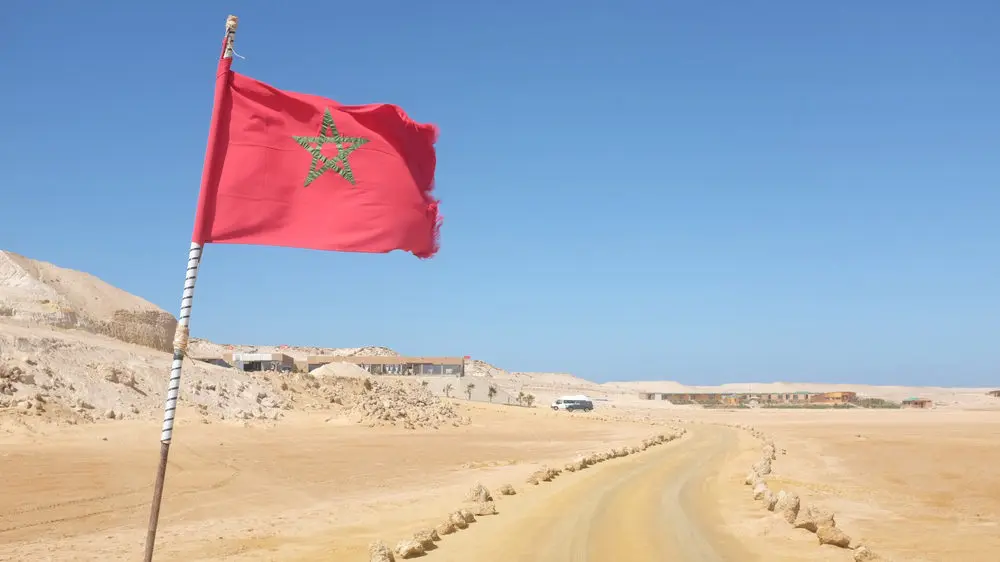
Despite the wide economic gulf between them, Moroccan diplomacy has by far exceeded that of Spain—the size of an economy is not a determining factor in deciding a country’s importance to larger players.

The Festival of hunting is an example of real culture and the celebration of an inherited and fragile way of life.
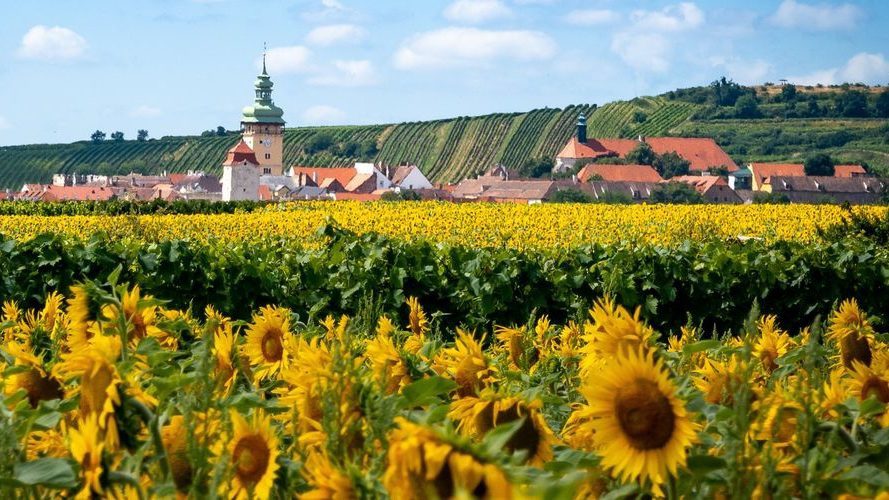
Perhaps due to their overwhelmingly Catholic background, our new neighbors grasped our communal lifestyle much quicker than the New Yorkers I was used to. All I had to say was, “We’re like an order, but built around families; and free church, not Catholic,” and they got it, with no suspicious glances or muttering about weird religious folk.
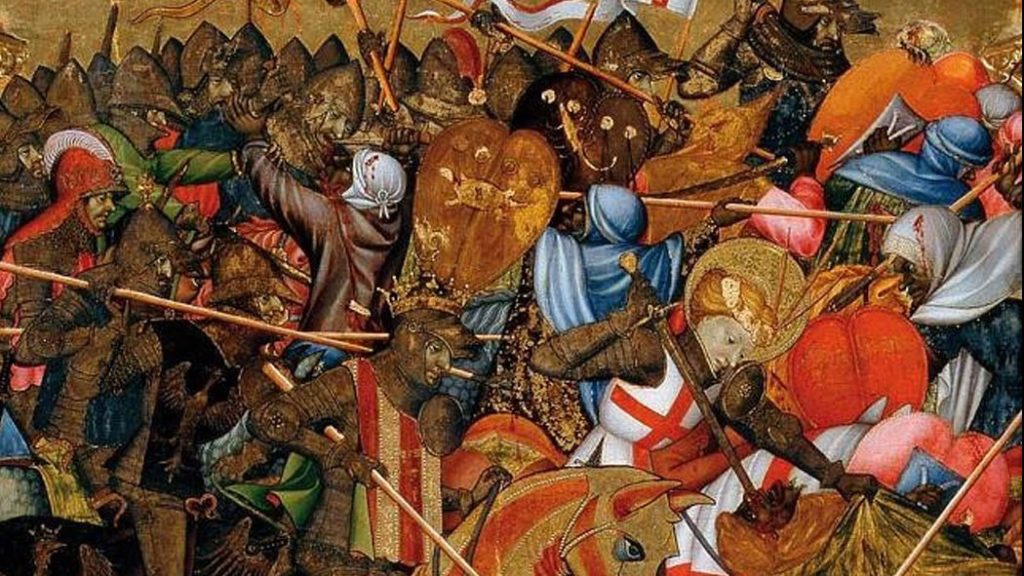
The Reconquista attests to the ability of the human collective to determine its identity in the face of contrary forces, and to do so without strict political unity, but on the basis of a shared ideal.

The whistleblower who first identified potential fraud, also uncovered similar manipulation in dozens of peer-reviewed papers by the same scientist who published the original paper in question.
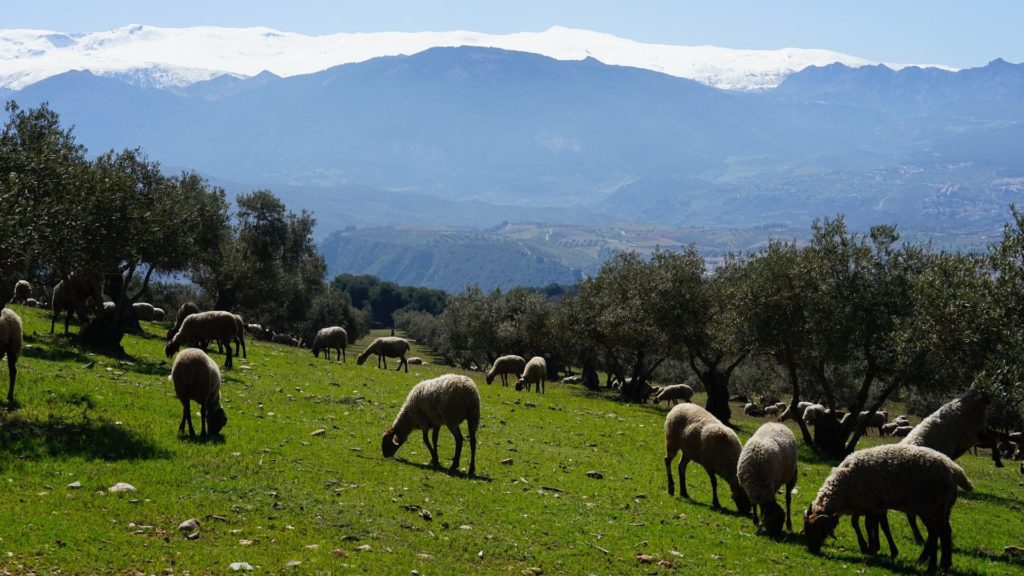
Locals, forestry experts, farmers, and ecologists all agreed that the principal problem is bad forest management, which is best countered by a return of rural life and its traditional activities, particularly extensive cattle farming. But it’s easier said than done.

Twenty-five years have passed since the simple gesture of showing open palms—clean, innocent hands—became a symbol for what had suddenly become a movement: the Spirit of Ermua.
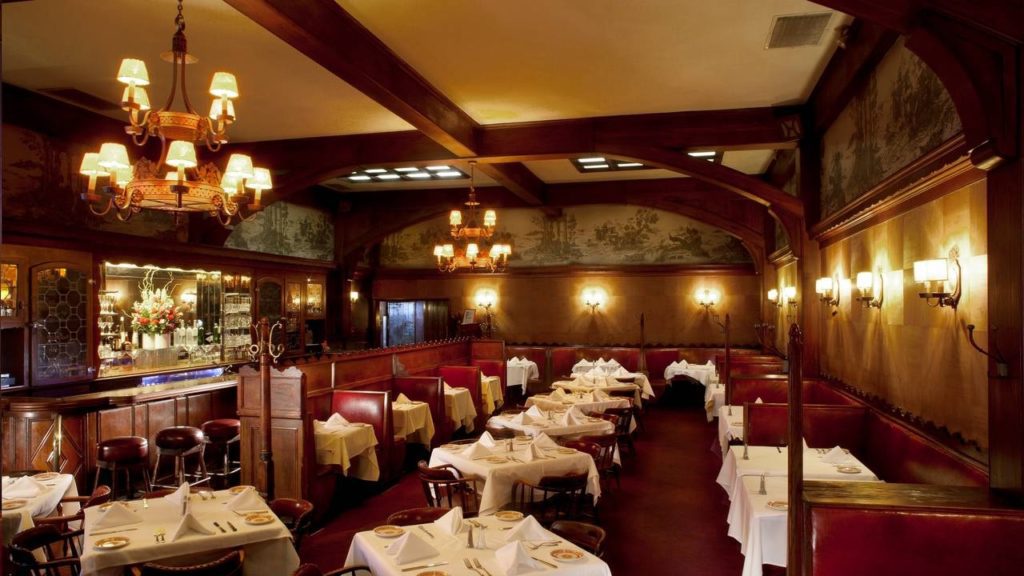
Many European Conservative writers and thinkers have declared that Europe must regain her Catholic and Christian soul; ultimately, if our country is to survive she must acquire a soul from that same source.
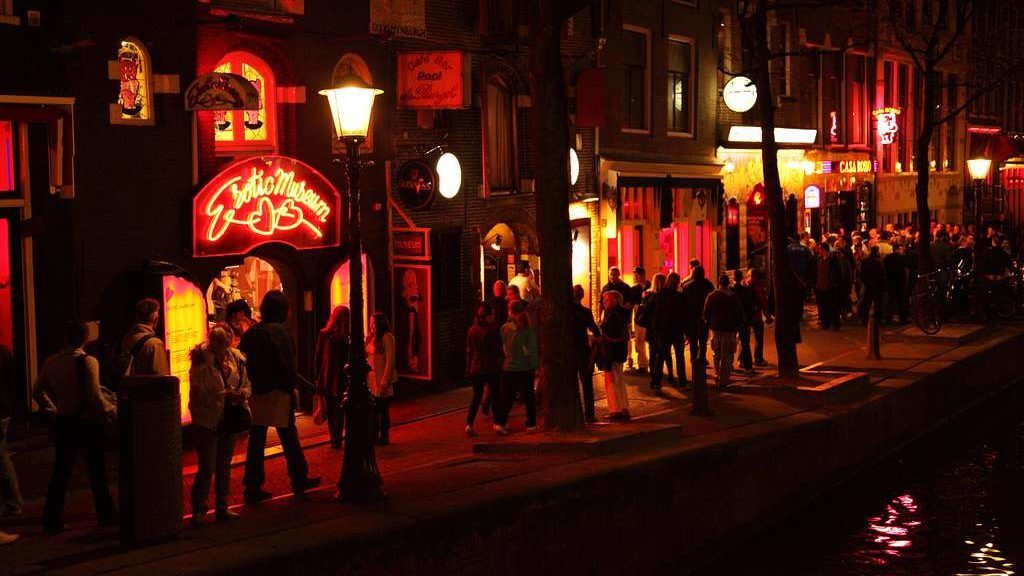
The real question is how the Dutch government could ignore the problem for so long, given that the gravity of the situation is no secret?
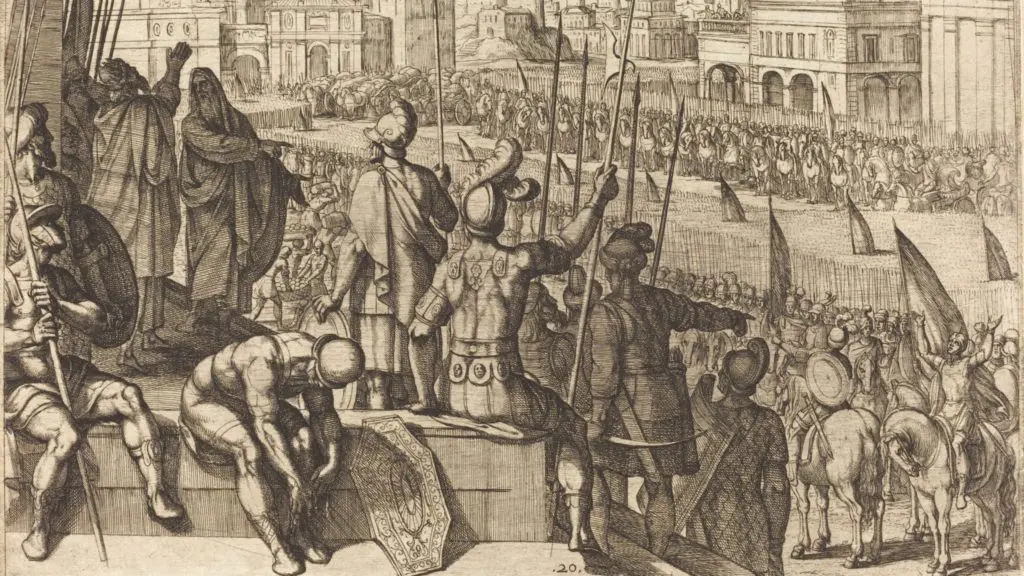
Some 3,000 years after the events at Dothan, we are once more confronted with an increasing force of modern-day ‘Arameans’ descending upon a dwindling group of those who still see what is truly there.
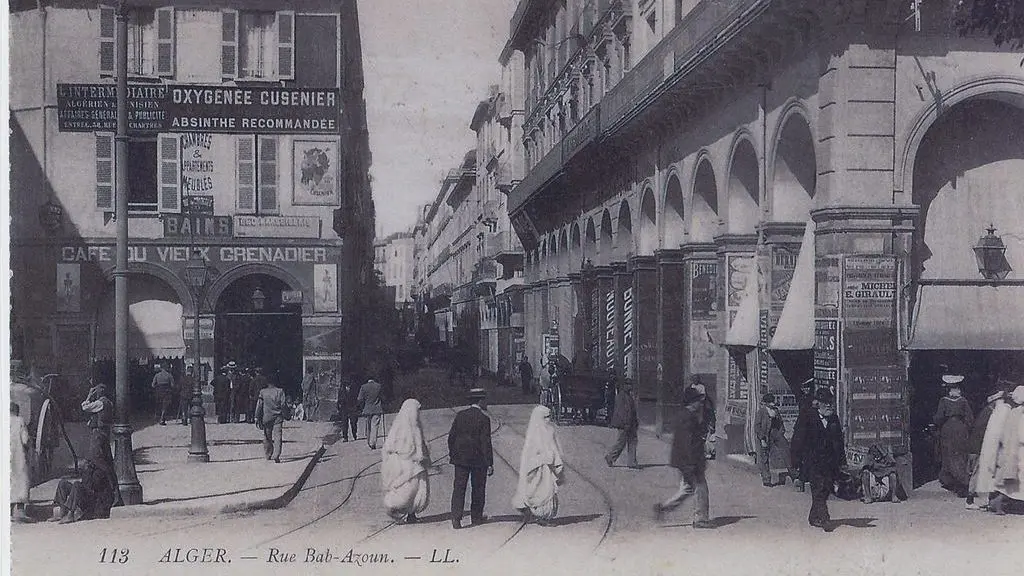
The wound of Algeria was quickly closed without being disinfected, and has continued to rot slowly ever since. It has weakened the French body politic, made sicker by Macron’s intervention.

The playwright Federico Garcia Lorca once wrote that in Spain, “the dead are more alive than the dead of any other country.” He may be right.
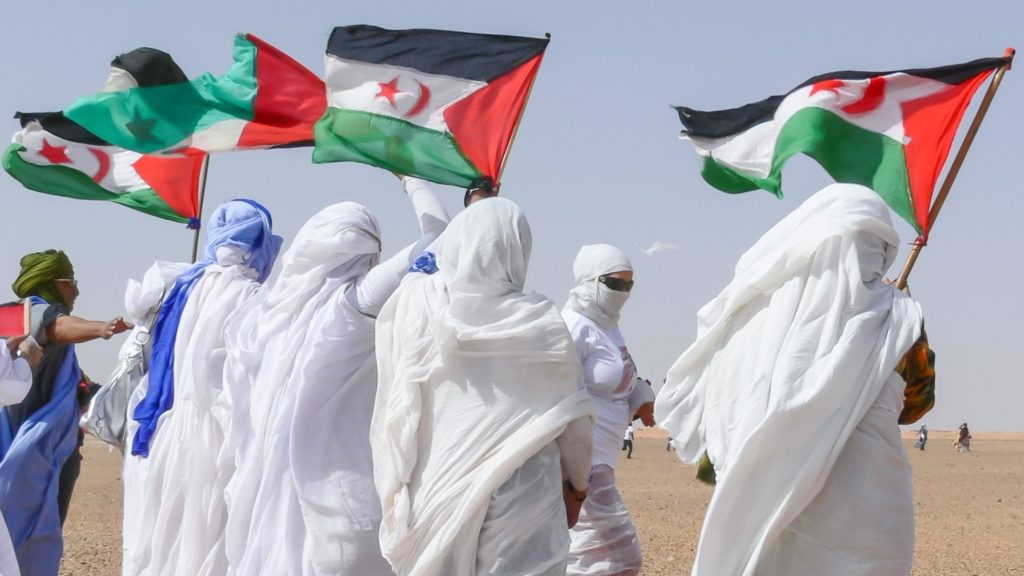
In a remarkable break with its historic policy, reflecting either incompetence or deliberate national sabotage, the Spanish government has accepted Moroccan designs over the Western Sahara.
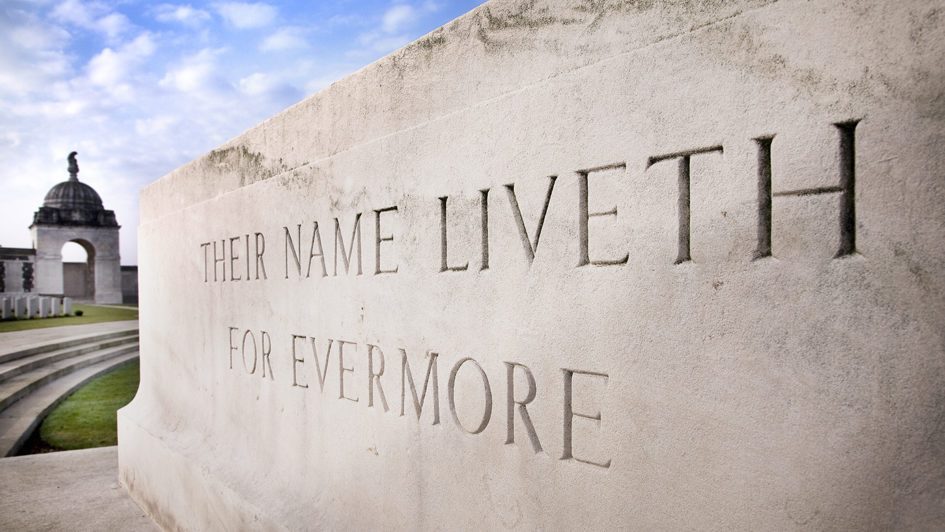
Visiting Ypres today is a somber affair. The surrounding farmlands were the main battlefield, but the town itself was almost totally destroyed by German bombardment in the autumn of 1914. The devastation was so great that Winston Churchill wanted to depopulate the town and transform its environs into a vast memorial site.
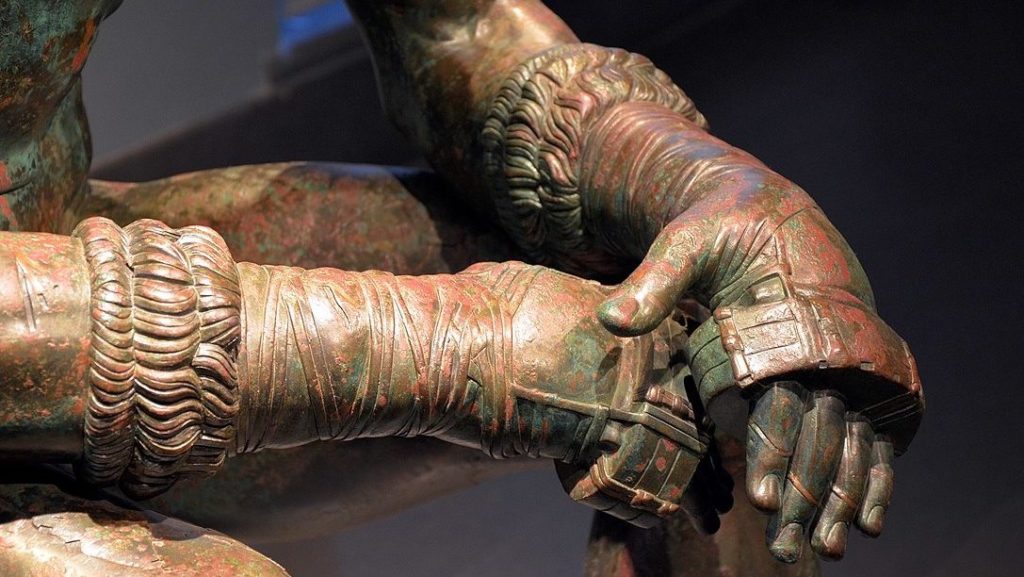
All sport originates in acts of violence. This, which might seem to condemn it from the start, is actually its redeeming characteristic: sport was, and remains, the best means for ordering that particular human impulse.
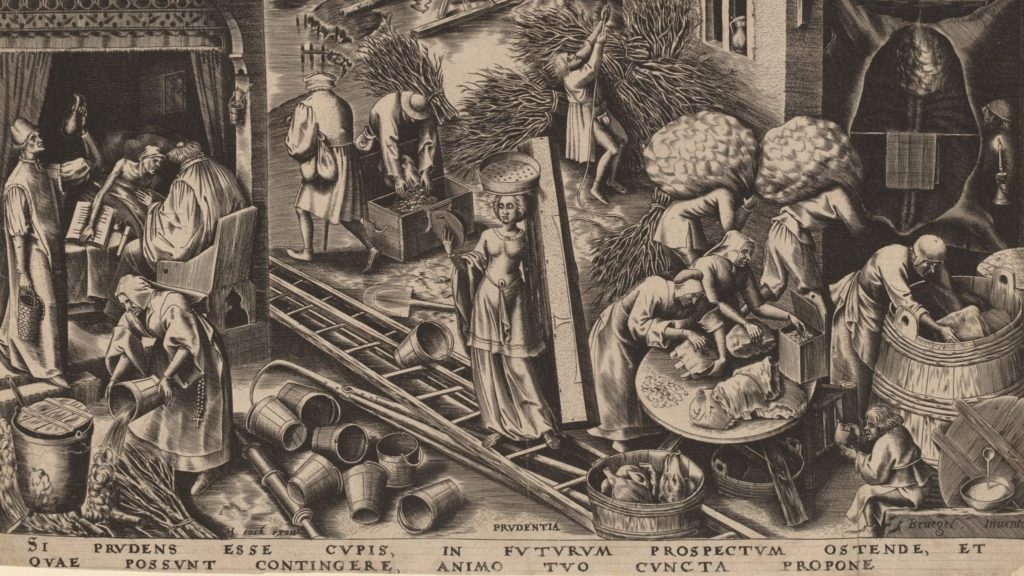
Whereas prudence emphasizes political or reasonable action adjusted to particular and contingent circumstances, liberal progressivism like other forms of modern rationalism sees global problems only in terms of universal panaceas.
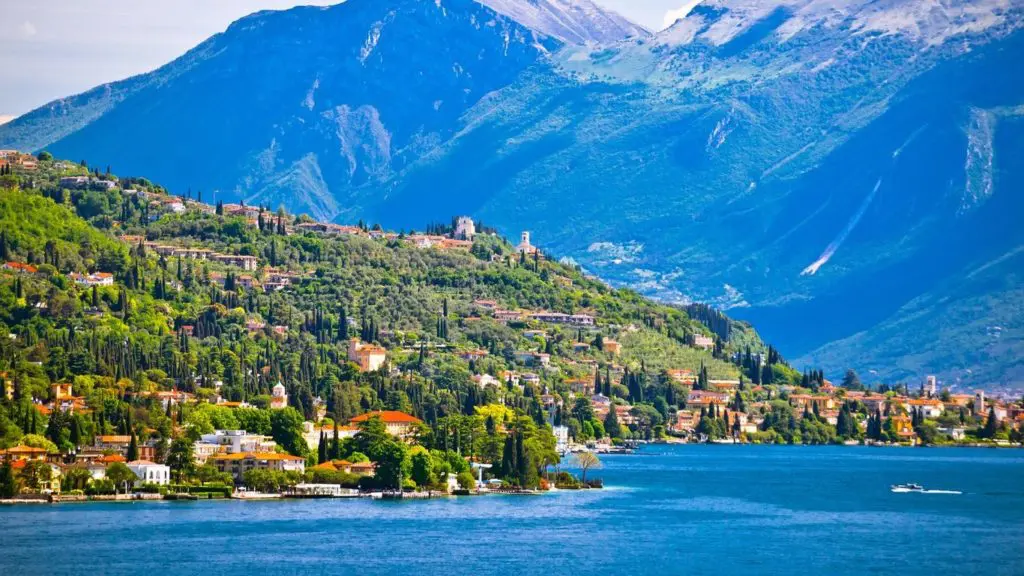
What one finds here is a wonderful group of people from many walks of life, gathered together in friendship and comradery, to learn together, pray together, eat together, and rediscover what it is to be an heir of the great Christian civilisation that the modern West is now dedicated to repudiating.

Progressives declared war on Trump on live TV. Trump was watching. Regardless of his ideological promiscuity, the die was cast: abortion activists were his enemies. They paid dearly for the mistake.

Understanding how the fortunate fall leads to a different conception of universal order—and how it might allow for distinct and interpenetrating spheres—should inform conservative thinking about transnational cooperation and the shape world order ought to take today.
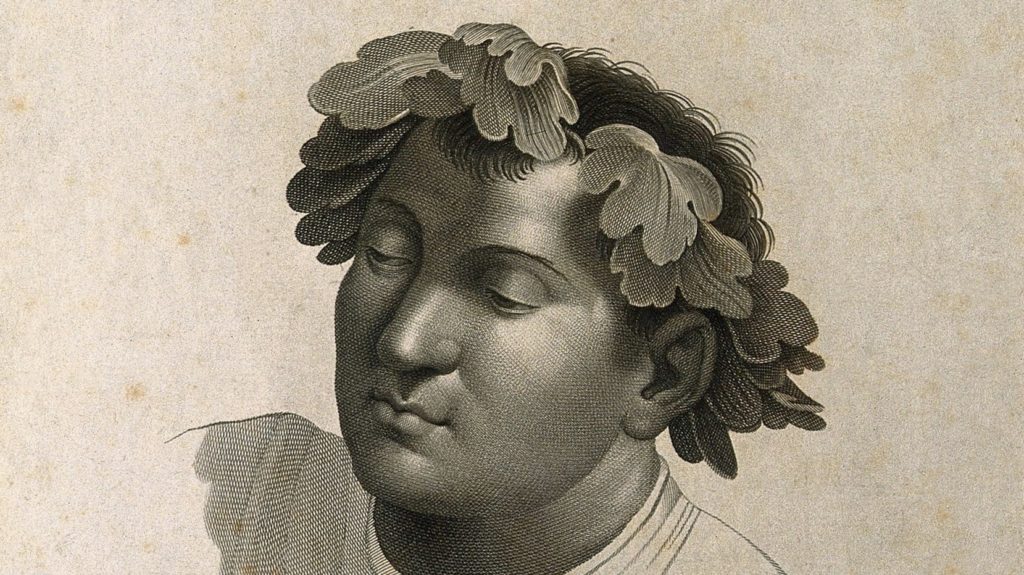
The ideal of brotherhood is supposed to put everyone on equal footing. In reality, it has served as a moratorium on the cultivation of fatherly responsibility, barring everyone from the requisites for adulthood.

Apart from deciding who is eligible for financial compensation, the Law of Historical Memory from 2007 has been used to define how history is taught. Its trajectory will be accelerated with the Law of Democratic Memory of 2022.
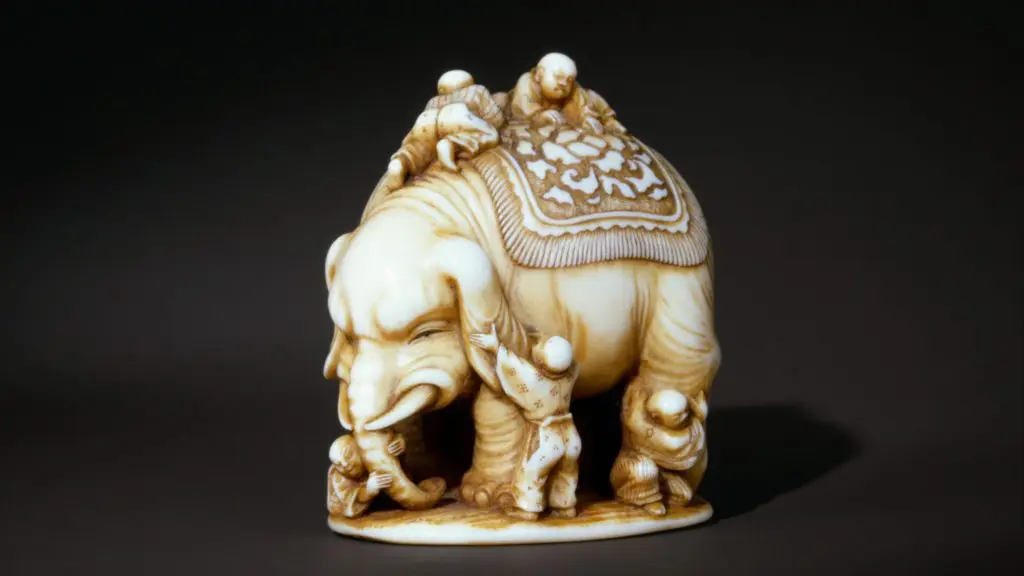
In trying to make sense of the current madness, it is easy for anyone to be like the blind men with the elephant.
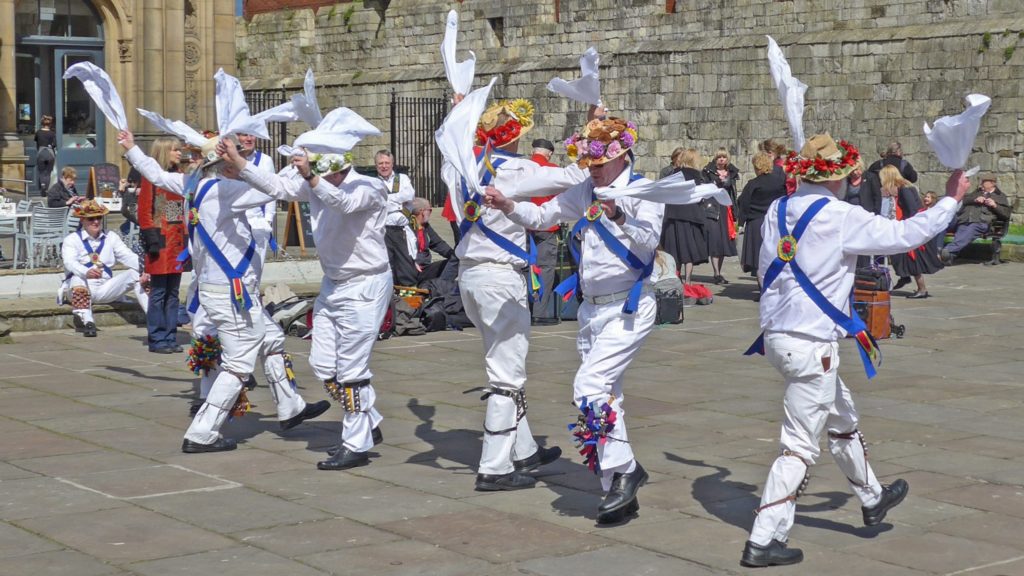
One of the terrible features of modernity is that we measure everything by the criteria of productivity and success. But we were not made to be productive, nor to be successful, at least not as our world understands such terms. We were made to flourish.

Margarita de la Pisa Carrión noted that the request to remove pro-life lobbyists was based on the assumption that abortion is a fundamental human right, though it has never been enshrined as such in European law.
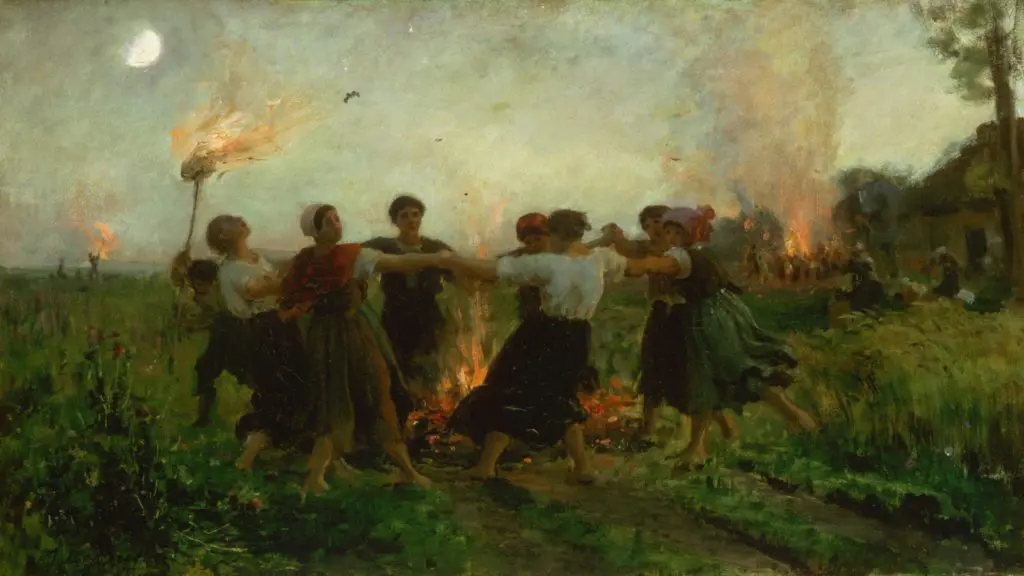
June, then, is a time of taking stock of the wonderful inheritance that those who stand for the Good, the True, and the Beautiful have been given.

Why are we allowing corporations to profit both from the desperation of people struggling with infertility and women in poverty?
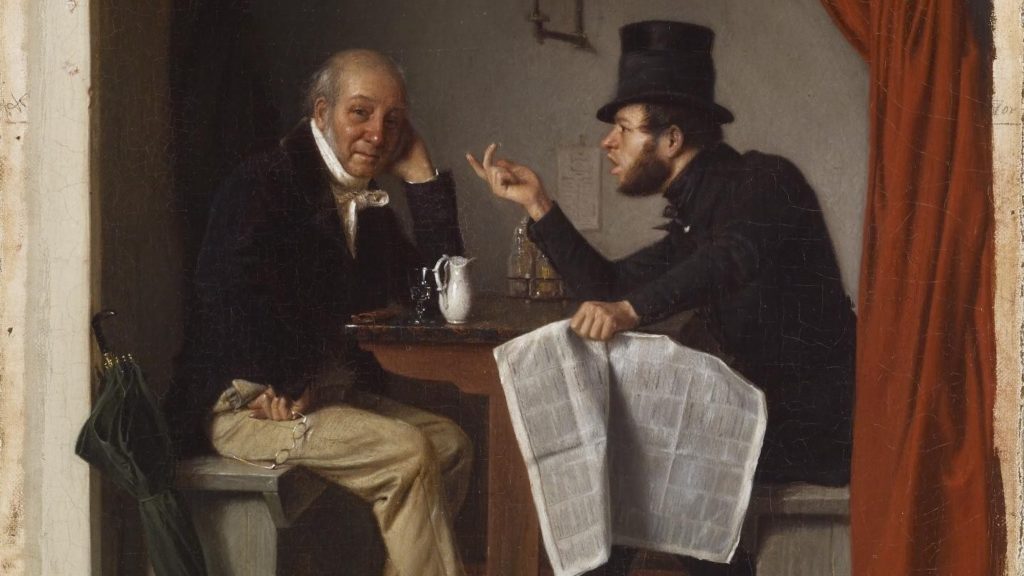
Can the lived conservatism of the Postliberals find common ground—and common political cause—with the universalist notions of natural right, justice and equality espoused by the Claremont School? On this question, I believe, hinges the fate of a new conservative fusionism updated to meet the challenges of our time.

Restoring our proper relationship with the natural world, it must be asserted, does not entail a retreat from nature, but a renewed immersion in its mystery and a humble submission to its laws.
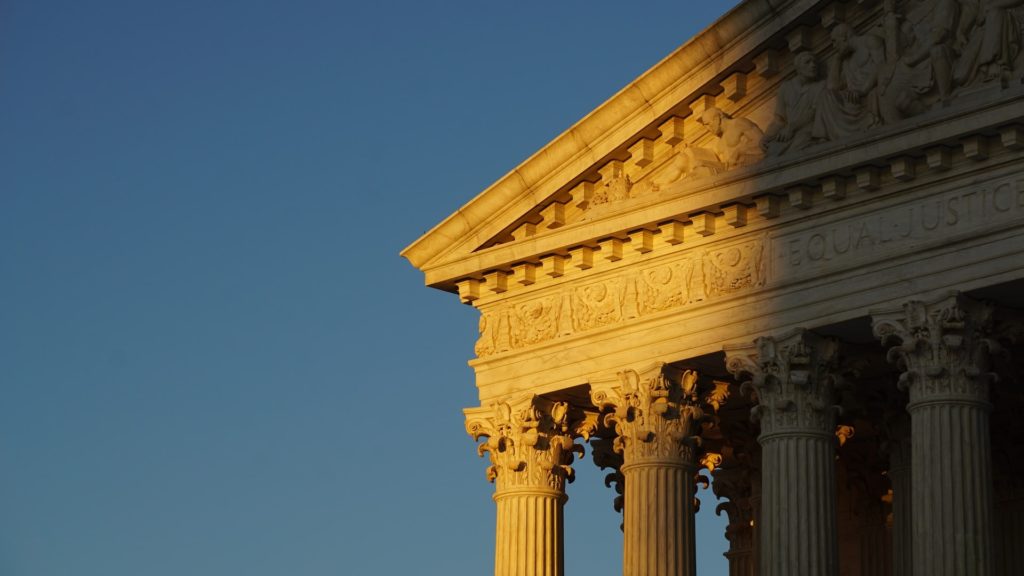
How is it that the greatest of all democracies has been transfixed by abortion politics for decades? The answer is simple and unpopular: It is because there is still a battle being waged for the soul of America.
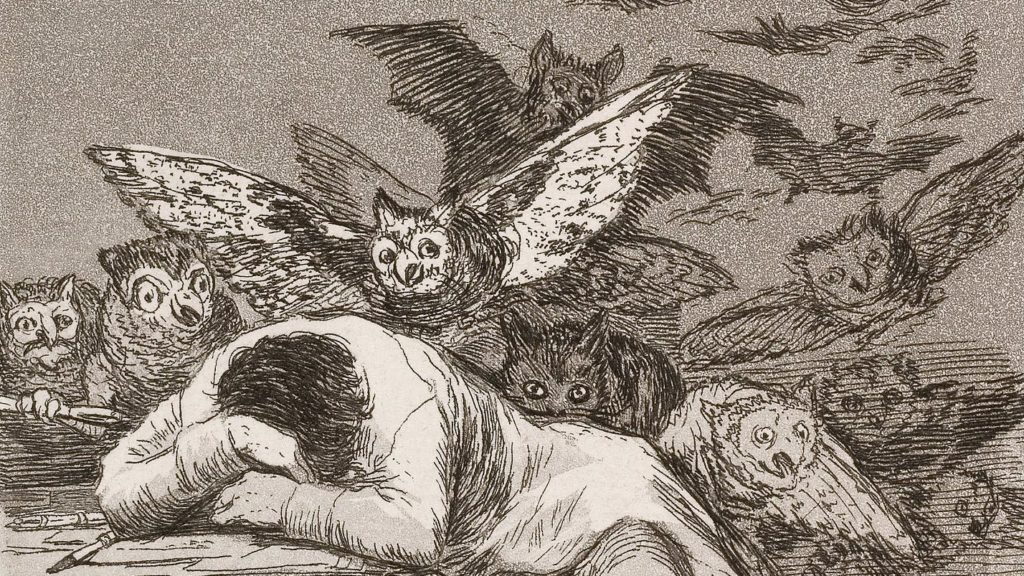
We are subject to a host of techniques by which social control is exerted and through which traditional institutions are eroded. What follows is an attempt to catalogue the array of spells in the grimoire of our political elites.